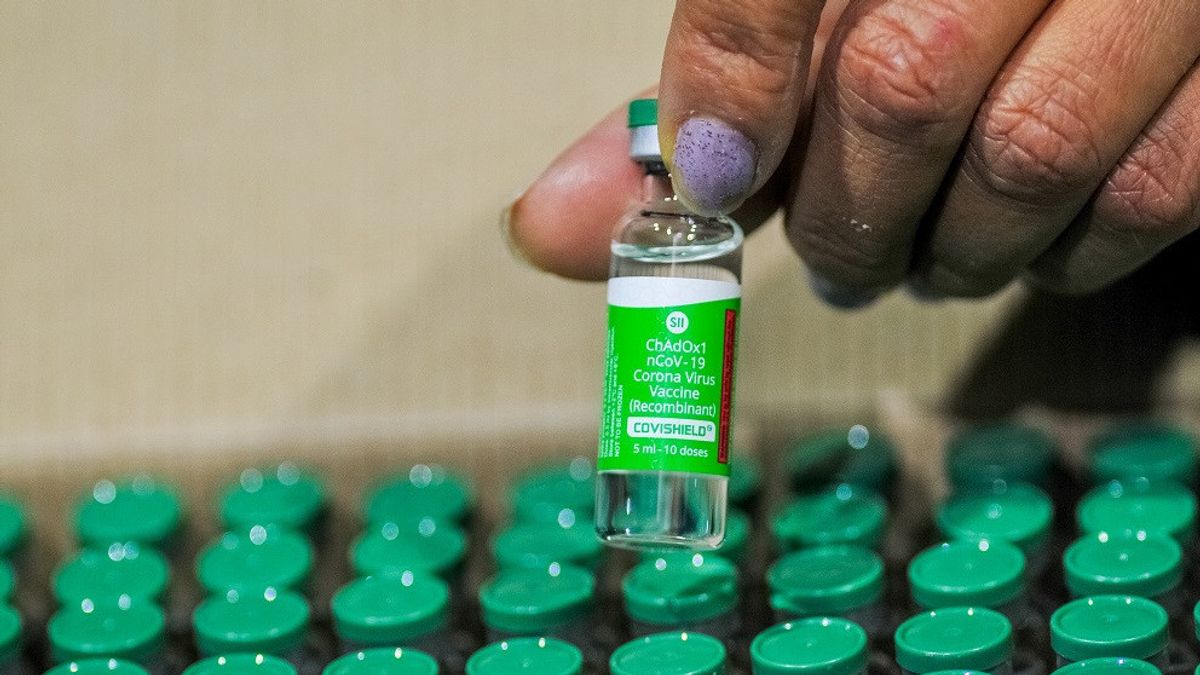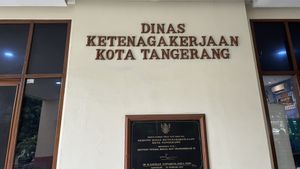JAKARTA - The COVID-19 vaccine manufacturer AstraZeneca Plc., On Sunday, March 14, 2021, stated that the results of a review of the safety data of people who were vaccinated showed no evidence of an increased risk of blood clots.
AstraZeneca's review of more than 17 million people vaccinated in the UK and EU came after health authorities in several countries suspended the use of its vaccine due to blood clotting problems.
“A careful review of all available safety data on more than 17 million people, who were vaccinated in the EU and UK with the AstraZeneca COVID-19 Vaccine showed no evidence of an increased risk of pulmonary embolism, deep vein thrombosis or thrombocytopenia, in any particular age, group, gender, group or in a particular country", the company said in a statement to Reuters.
Authorities in Ireland, Denmark, Norway, Iceland, and the Netherlands have suspended vaccine use due to clotting problems. Austria stopped using a series of AstraZeneca injections last week while investigating deaths from coagulation disorders.
"Regrettably, countries have stopped vaccinating COVID-19 under such 'precautionary' reasons, risking real harm to the goal of vaccinating enough people to slow the spread of the virus, and to end the pandemic", Peter English, a retired government consultant in control of infectious diseases, told Reuters.
The European Medicines Agency (EMA) said there was no indication that the incident was caused by vaccination, a view echoed by the World Health Organization on Friday last week.
AstraZeneca explained that so far 15 deep vein thrombosis events and 22 pulmonary embolism events have been reported, which are similar to other licensed COVID-19 vaccines.
Also, AstraZeneca said additional testing had been and is being carried out by companies and European Union health authorities and that no retests had shown any concern. The monthly security report will be published on the EMA website in the following week.
To note, the AstraZeneca COVID-19 vaccine, developed in collaboration with the University of Oxford, has been licensed for use in the European Union and many countries, but not yet by United States regulators.
AstraZeneca is preparing to apply for an emergency use authorization in the United States, hoping data from the Phase III trial in Uncle Sam's country will be available in the coming weeks.
The English, Chinese, Japanese, Arabic, and French versions are automatically generated by the AI. So there may still be inaccuracies in translating, please always see Indonesian as our main language. (system supported by DigitalSiber.id)













